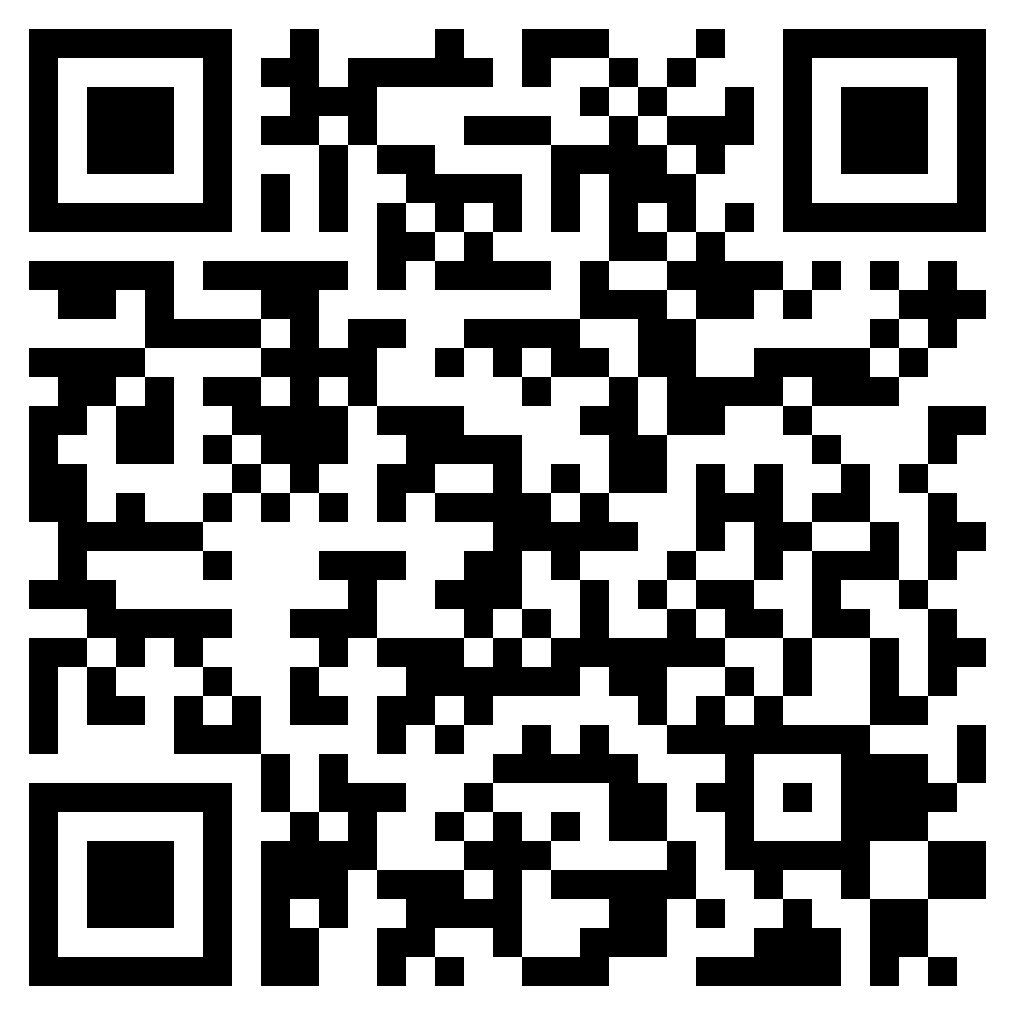CHARACTERIZING HONESTY EMPLOYMENT
DOI:
https://doi.org/10.55640/eijmrms-02-04-43Keywords:
Transitional society, Post-struggle society, Human freedoms infringement, Physical trustworthiness privilegesAbstract
In the beyond thirty years, honesty employment, which is one of significant approach measures expected to battle with past common liberties infringement in temporary and post-struggle social orders, has drawn in wide interest among social researchers and moral, lawful, and political logicians. Regardless of the gigantic nevertheless developing writing regarding the matter, there has been no concurred meaning of honesty employment. To cure this issue, the current paper attempts to give another definition. I start with the assessment of a much of the time referred to definition given by Priscilla Hayner and recognize its temperance’s and impediments. Then, I go to the examination of Mark Freeman's definition and contend that it is too prohibitive to even think about covering a portion of the investigatory bodies numerous analysts consider as honesty employments. In view of these contemplations, I propose the third definition that covers the cases which are broadly taken as honesty employments and rejects those which are not. I additionally partition the historical backdrop of honesty-chasing bodies into three periods and sketch them sequentially.
References
Hayner PB. Unspeakable insights: Facing the test of honesty employments. Routledge, New York, 2011.
Freeman M. Honesty employments and procedural reasonableness. Cambridge University Press, New York, 2006.

Downloads
Published
How to Cite
Issue
Section
Categories
License
Copyright (c) 2022 Mori Arinori

This work is licensed under a Creative Commons Attribution 4.0 International License.
Individual articles are published Open Access under the Creative Commons Licence: CC-BY 4.0.

